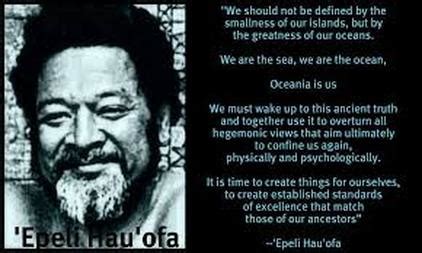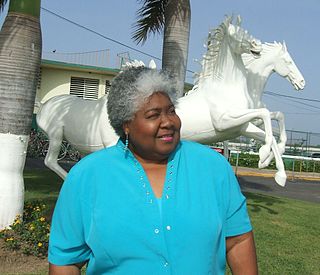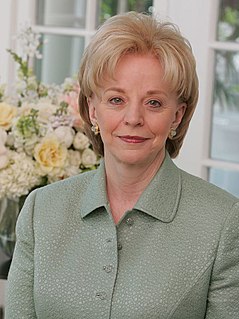A Quote by Bryant H. McGill
Education should prepare our minds to use its own powers of reason and conception rather than filling it with the accumulated misconceptions of the past.
Related Quotes
The solution is to gradually become free of societal rewards and learn how to substitute for them rewards that are under one's own powers. This is not to say that we should abandon every goal endorsed by society; rather, it means that, in addition to or instead of the goals others use to bribe us with, we develop a set of our own.
That the past is ahead, in front of us, is a conception of time that helps us retain our memories and to be aware of its presents. What is behind us [the future] cannot be seen and is liable to be forgotten readily. What is ahead of us [the past] cannot be forgotten so readily or ignored, for it is in front of our minds' eyes, always reminding us of its presence. The past is alive in us, so in more than a metaphorical sense the dead are alive - we are our history.
The world that I should wish to see would be one freed from the virulence of group hostilities and capable of realizing that happiness for all is to be derived rather from co-operation than from strife. I should wish to see a world in which education aimed at mental freedom rather than imprisoning the minds of the young in rigid armor of dogma calculated to protect them through life against the shafts of impartial evidence.
To use books rightly, is to go to them for help; to appeal to them when our own knowledge and power fail; to be led by them into wider sight and purer conception than our own, and to receive from them the united sentence of the judges and councils of all time, against our solitary and unstable opinions.
Our intellectual powers are rather geared to master static relations and that our powers to visualize processes evolving in time are relatively poorly developed. For that reason we should do (as wise programmers aware of our limitations) our utmost to shorten the conceptual gap between the static program and the dynamic process, to make the correspondence between the program (spread out in text space) and the process (spread out in time) as trivial as possible.
Our great mistake in education is ... the worship of book-learning-the confusion of instruction and education. We strain the memory instead of cultivating the mind. ... We ought to follow exactly the opposite course with children-to give them a wholesome variety of mental food, and endeavour to cultivate their tastes, rather than to fill their minds with dry facts.
Well, part of it is a longstanding belief - it's been in our education establishment at least since the 1930s - that somehow children should be allowed to discover knowledge for themselves, that they should construct their own knowledge. This has surfaced most recently in connection with mathematics instruction, where the idea is that they need to discover how to add for themselves. Rather than being taught how to add, they should construct this knowledge on their own.

































